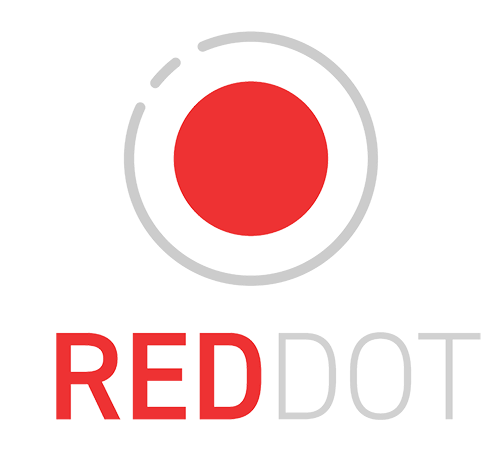
Warning Signs of Substance Abuse
Substance use disorders (i.e. abuse and addiction) occur when a person uses a substance recurrently despite the negative consequences that it causes, including but not limited to:
- Relationship and family problems, health issues, accidents, financial problems, legal problems, work or school difficulties, and overall declined functioning.
Even in the best of families, substance abuse issues can develop. It is important to know the signs and symptoms of substance abuse disorders to:
- Recognize a developing problem in a loved one, a co-worker or yourself.
- Address the problem and seek treatment.
- Identify intoxicated individuals and avoid potentially dangerous situations or people.
- Avoid becoming a victim of violence.
4 Types of Substance Abuse Warning Signs
This list can help you increase your awareness of how substance abuse may present itself and affect a person in different ways. It is not meant to be used as a diagnostic tool.
- Physical
- Tremors (e.g. shaking or twitching of hands or eyelids)
- Alcohol breath, smell of marijuana on clothes
- Burned fingers or lips, needle marks on arms
- Nosebleeds
- Bloodshot eyes, glassy eyes
- Poor coordination
- Slowed movements and reaction time
- Contracted or dilated pupils
- Psychological/ Cognitive
- Slurred or incoherent speech
- Hyperactivity
- Fearful or anxious
- Angry or defiant
- Extreme mood swings (e.g. goes from being talkative to withdrawn)
- Lethargy, falling asleep easily
- Has blackouts or can’t remember what happened while intoxicated.
- Poor concentration and memory
- Social/ Behavioral
- Uses substances more than intended or more frequently
- Increased relationship problems
- Isolation and stopping routine activities
- Fails to meet obligations
- Does not succeed in cutting down or stopping substance misuse
- Needs more of the substance to get the desired feeling
- Spends a lot of time and money obtaining the substance
- Continues using despite negative consequences
- Denies, lies about or covers up substance misuse
- Experiences legal problems related to substance abuse (e.g. DUI)
- Workplace
- Sudden decline in quantity and quality of work (e.g. frequent errors, less productive, misses deadlines)
- Misuses sick time to recover from hangovers and substance misuse
- Starts showing up late for work and starts missing work days frequently
- Unkempt appearance and poor hygiene
- Takes constant breaks
- Repeatedly requests time off around payday
- Fails to meet work responsibilities
- Starts borrowing money from coworkers
- Theft of company property
Seek Help and Support
If you have identified that there either you or someone close to you has a substance abuse problem, getting help and support is key. Today, substance use disorders can be treated successfully and there are various types of effective treatment available.
Note that many times, people afflicted by mental illness turn to alcohol and drugs as an attempt to self-medicate the mental health problems they’re experiencing. Unfortunately, although the person may feel some relief when drinking or using drugs, substance abuse worsens the symptoms of mental illness.
When a person suffers from both a mental health issue and a co-occurring substance abuse problem, it is essential to get integrated treatment so both issues are addressed at the same time in a holistic manner.
It is also important to realize that denial dwells at the very core of substance abuse and, even if a person’s addiction is evident to you and others, there’s a good chance that he or she will deny the problem and refuse treatment. If a loved one refuses treatment, you will need to make the right decision to protect yourself (and children or dependents) from the consequences of addiction, which often do include violence, among other serious consequences. A licensed substance abuse counselor or a psychotherapist can guide you and support you thought this process. Additionally, there are several free-of-charge support groups for those affected by substance abuse throughout the U.S.
Free Treatment and Support Resources
- Treatment locator: https://findtreatment.samhsa.gov/ or call 24/7: 1-800-662-HELP (4357)
- Opioid treatment directory: https://dpt2.samhsa.gov/treatment/
- Alcoholic Anonymous: aa.org
- Smart Recovery: self-management and recovery training that is not faith-based smartrecovery.org
- Al-anon: for adults worried about someone’s drinking problem: https://al-anon.org
- Alateen: for teenagers who are affected by someone else’s alcohol or drug use alateen.org
- More information on co-occurring disorders: http://www.bhevolution.org/public/doubletroubleinrecovery.page
